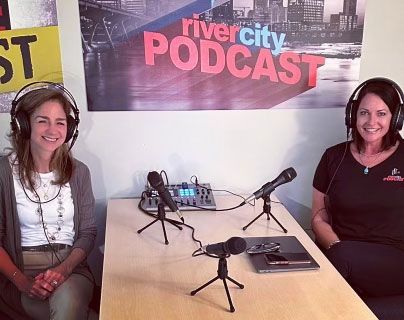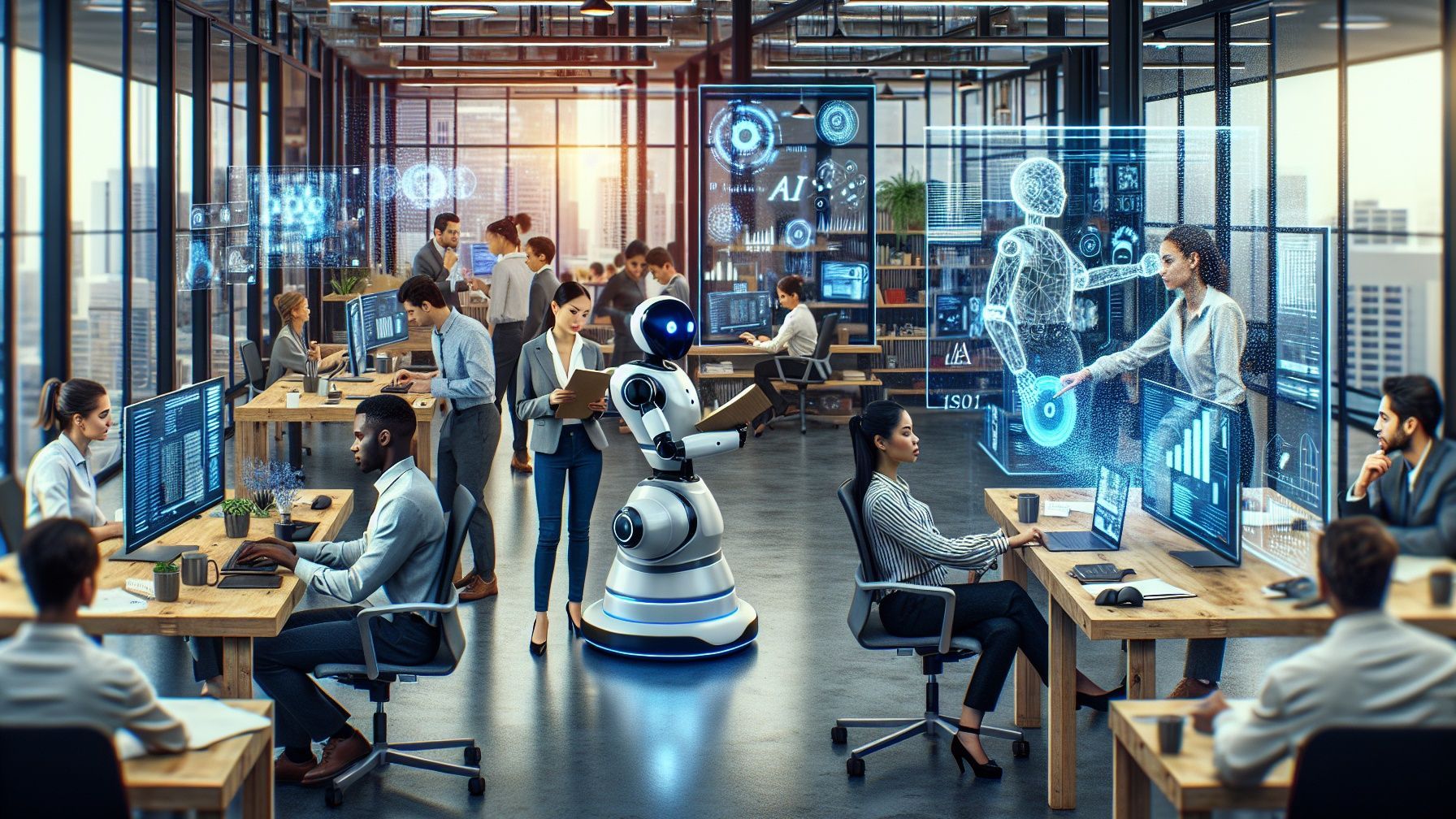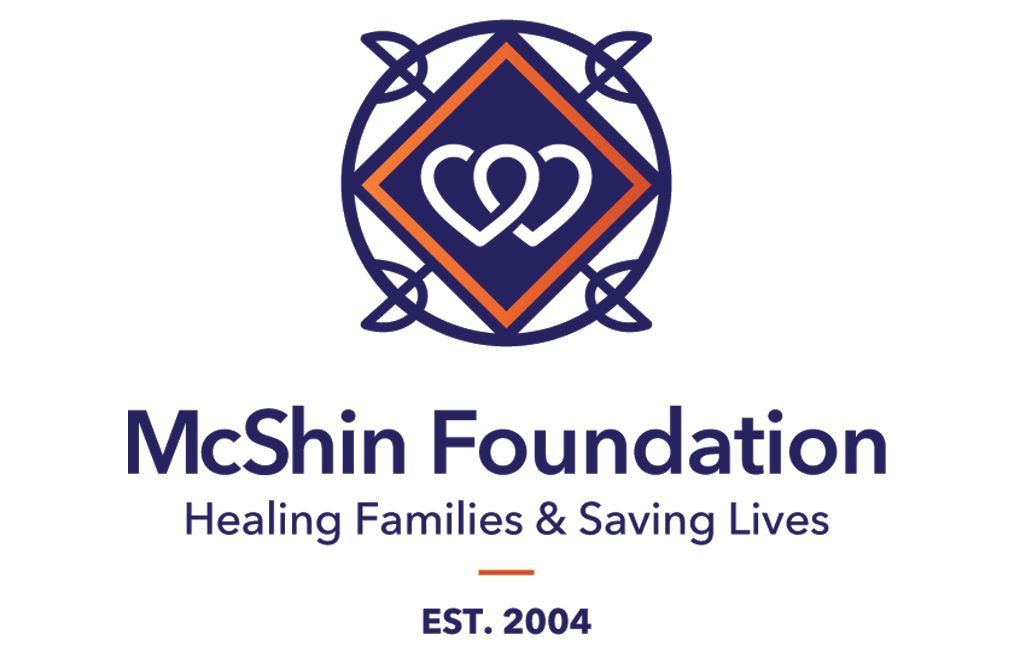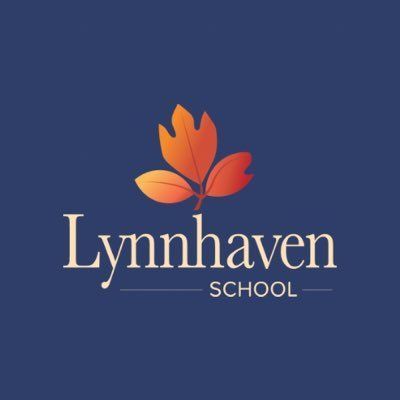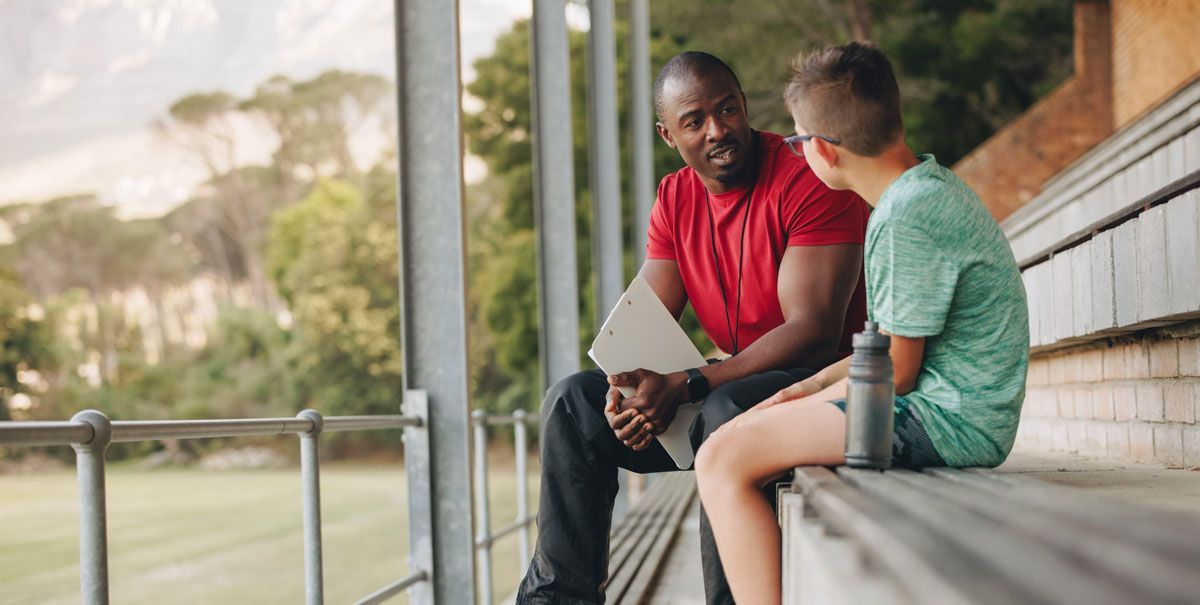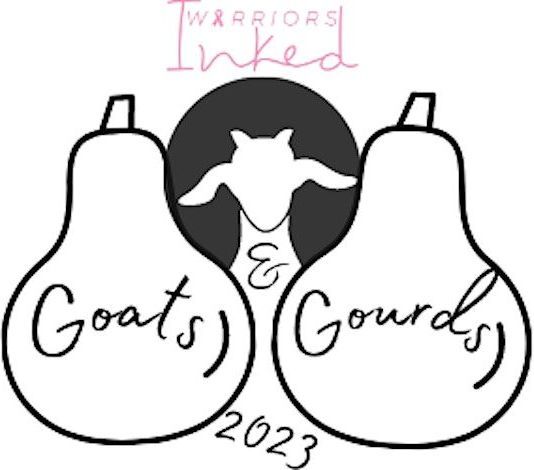Sabot at Stony Point Introduces Honor Hall!
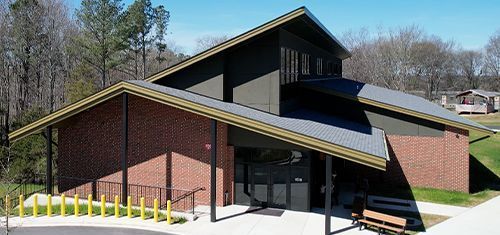
One of the things that defines Sabot, is a reluctance to use the word “classroom.”

When they first started dreaming of a new building, it became increasingly important to call it what it was: a dedicated learning space. Are there classrooms in that building? Yes. Are there more than classrooms in that building? Absolutely. It’s the “more than” that makes Sabot.
When Sabot talks about learning spaces, they’re talking about the very essence of progressive education. Their philosophy runs counter to some modern understandings and models, which typically involve the actions of an adult, usually standing in the front of a room or seated behind a large desk. The assumption is that this adult is the primary owner and main giver of knowledge. The adult generally knows how the class will behave and respond; the adult has a “lesson plan” to present for the benefit of quiet, seated, passive students. This is certainly one way of delivering content and information, and it is a way that works for some. However, it is not an incorrect way.
But, in a Reggio Emilia-inspired approach setting like Sabot’s, they believe that participation in the discovery and construction of knowledge and how it is represented and expressed is vital. They think it is more of a “learning space” than a classroom. They hold up an Image of the Child as capable, competent, and creative. The students are students, but they know that the teacher is a student sometimes and the student is a teacher sometimes. They believe that learning belongs to both. They are co-creating the learning. This is one of the school’s most important values.
This means their work to construct a new building told that they needed to find a way to provide learning spaces, not just classrooms. They needed something worthy of their students who operate as protagonists just as much as their faculty.
They broke ground in 2020, a year that will go down in history as one of the most disorienting of our lifetimes– the year of a global pandemic that changed, quite literally, everything. It was as if the world had shifted, and the face of education suddenly changed drastically. There are many enduring lessons of 2020. One of them, as far as schools are concerned, is that new and creative ways of educating will be critically important to future generations of learners. Schools have had to get serious about values; they’ve had to re-prioritize, re-budget, re-see entirely; they’ve had to come back to the mission and ask what they seek to do and why it is they are doing it.
